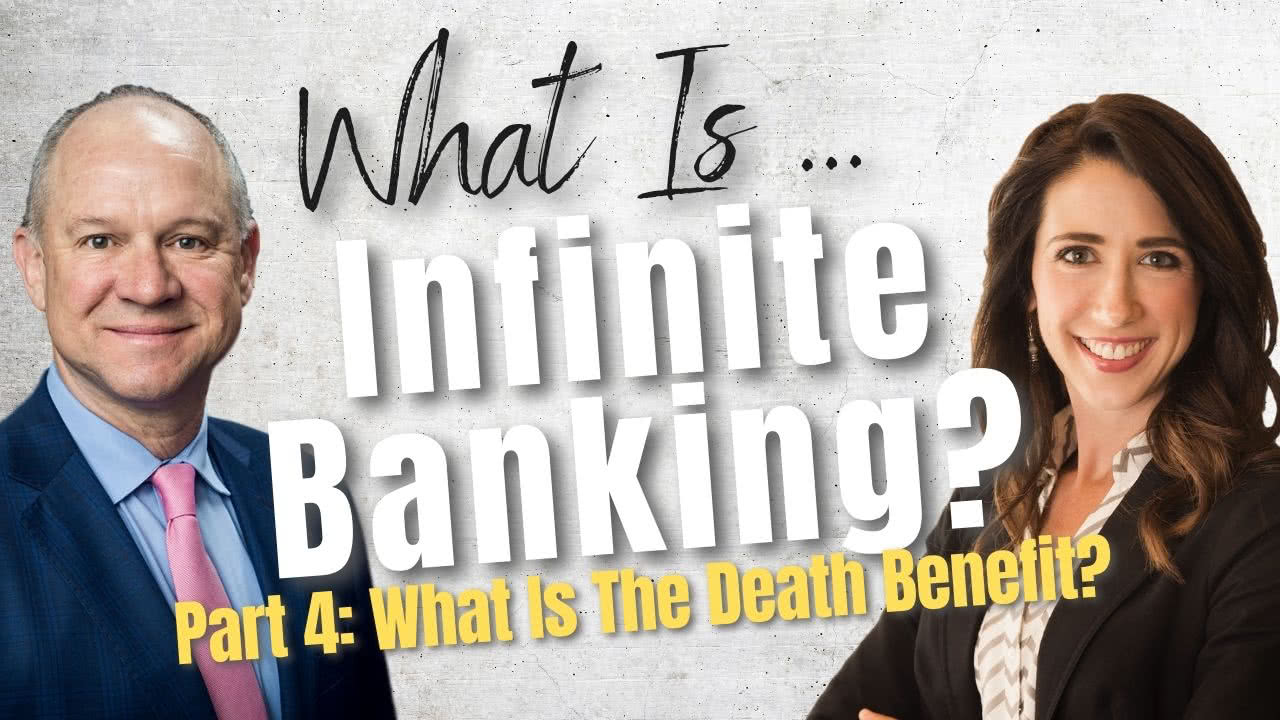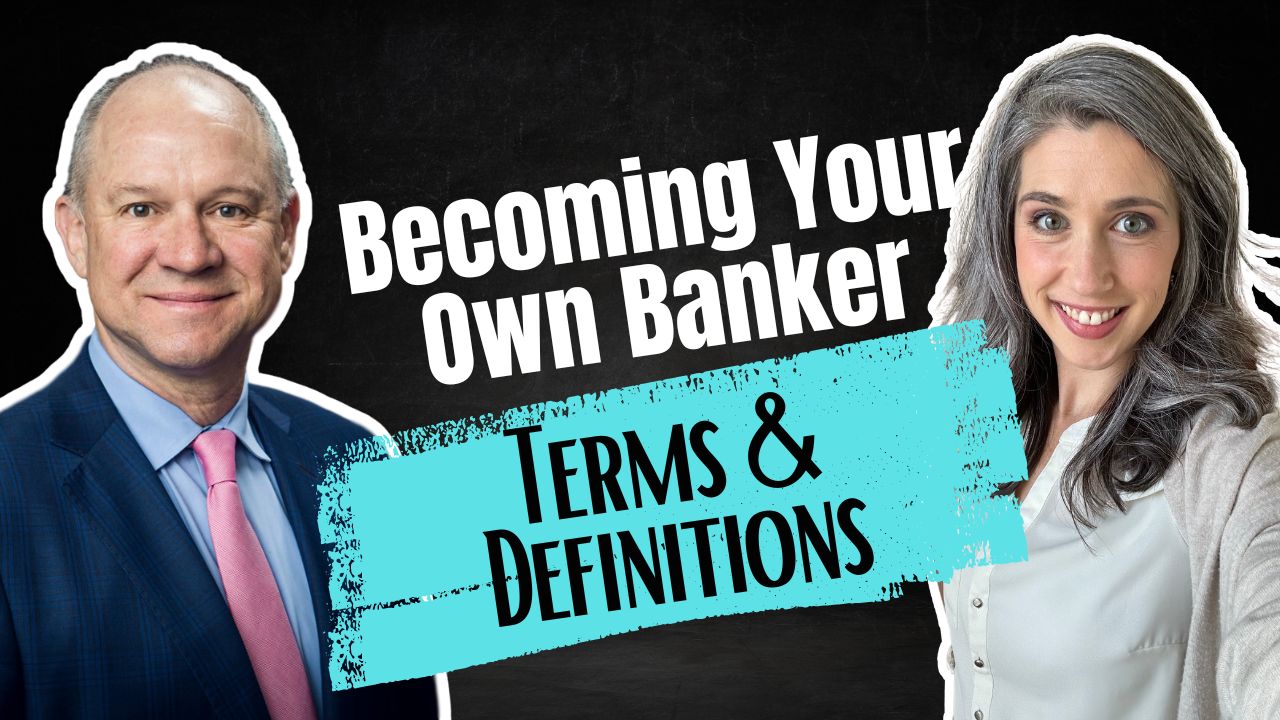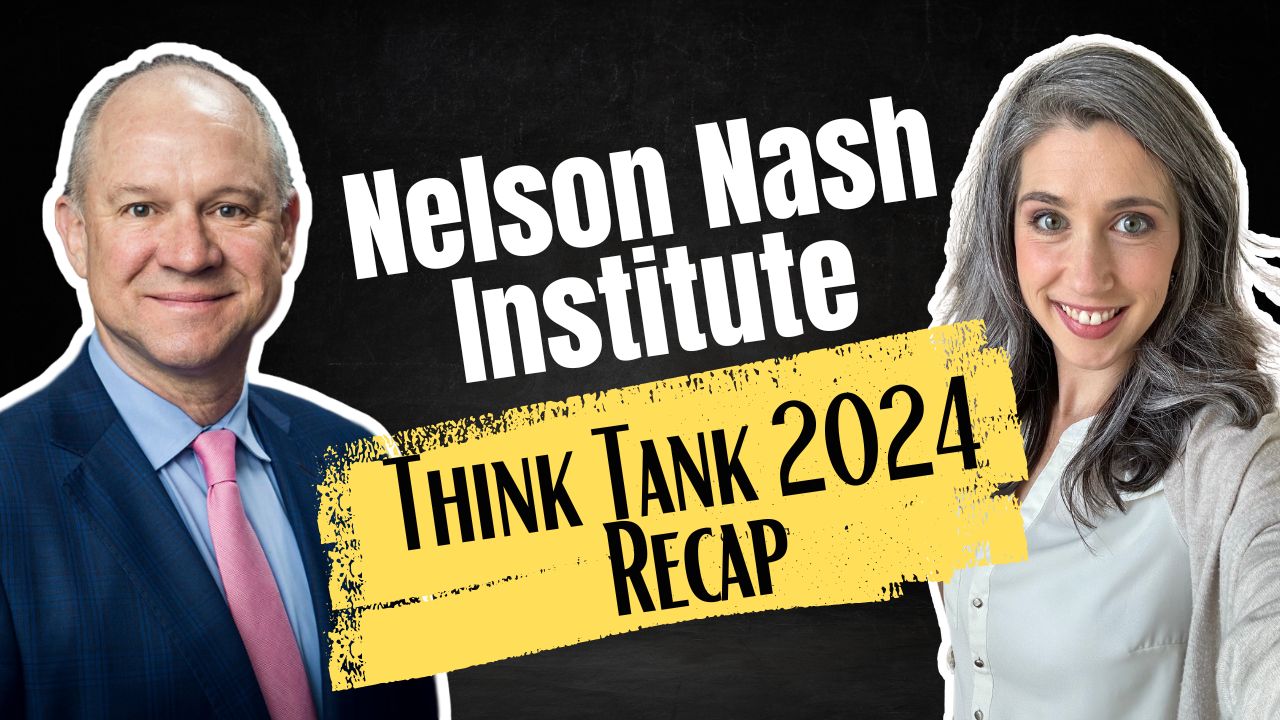
What is the Life Insurance Death Benefit?
Have you heard about Nelson Nash, Infinite Banking, Becoming Your Own Banker, Bank on Yourself, and want to learn more? Or maybe you’re already using Infinite Banking, but would like to explain it better. We’re continuing our series on the basics of the Infinite Banking Concept and answering your “what” questions. Today, we’ll unpack, What is the death benefit?
So if you want to see the power of the death benefit… tune in now!
Podcast: Play in new window | Download (Duration: 56:54 — 65.1MB)
Subscribe: Apple Podcasts | Spotify | Android | Pandora | RSS | More
Table of contents
What makes up the guarantees of the life insurance death benefit?
The life insurance death benefit is the amount that is guaranteed to be paid out to your listed beneficiary at your death.
What Makes Up the Guarantees of the Death Benefit?
The death benefit is the amount that is guaranteed to be paid out to your listed beneficiary at your death.
The key to guaranteed death benefit is having whole life insurance, which is permanent. When you have whole life insurance, you’re in a position where you know that the death benefit will pay out at whatever point you die, between now and the end of that policy. And at the end of the policy, if you are still living, the insurance company still guarantees the death benefit to pay out to you. This is not the case with term or even universal life insurance (which claims to be permanent).
This also means that when you pay premiums, you’re paying into your policy with the certainty that you’ll get a “return.” Whereas with term insurance, you can pay into it for 20 years and never see a dime back.
What Are the Differences Between the Death Benefit Guarantees of Whole Life Insurance and Universal Life Insurance?
While both whole life insurance and universal life insurance are technically permanent insurance, universal life insurance has several variables that can cause a policy to implode or lapse. In other words, universal policies are typically not permanent in practice.
One of the major factors that makes universal life difficult to maintain is because it has flexible premiums. While many people assume that this gives them the flexibility to pay whatever they want, that’s not the case. So if you choose to pay less, you can underpay for your insurance coverage. This then eats into your cash value account, which may implode the policy if you continue to under-fund it.
With whole life insurance, premiums are guaranteed as well. This means that they cannot increase, so your base premium will always be enough to cover the costs of insurance. You won’t risk underfunding your policy, and you have the freedom to pay more in the form of PUAs if you wish.
What Are the Chronic Illness and Terminal Illness Riders, and How Do They Compare to Long-Term Care Insurance?
The chronic illness and terminal illness riders allow you to use your death benefit while you’re still living. If a physician certifies that you have an illness that will cause your death, many insurance companies now grant access to the death benefit while living at no additional cost.
Long-term care insurance is an additional cost, as well as some additional stipulations about when you can use it. Plus, the insurance company can increase premiums over time because of the costs when you have Long-Term Care. While we want companies to be able to offer the coverage, they do have to stay in business.
What Effect Do Outstanding Loans, Reduced-Paying Up, or Chronic/Terminal Illness Riders Have On the Death Benefit?
All three of these provisions or actions will reduce the total death benefit available to be paid to your beneficiary.
You use your cash value as collateral when you take a policy loan. This means that if you do not pay the loan back, or die before you pay the loan, the company can remove the outstanding balance from your death benefit.
To reduce-pay up your policy means that you decide you’d no longer want to pay premiums into a policy. If you do so, the company will reduce your death benefit to reflect your current cash value and premiums paid. This way, your life insurance policy is completely paid. You can still use the cash value and get loans, but you will no longer have to pay premiums. This does, however, reduce the amount of death benefit you have.
Lastly, the chronic and terminal illness riders allow you to use a portion of the death benefit while living. You simply get an “advance” of your death benefit. Then, upon passing, the death benefit goes to your beneficiary minus your advance.
What is Human Life Value?
Your Human Life Value is the monetary value of your income during your working years. So if you can expect to earn a $200,000 income every year for 30 more years, your human life value is about $6 million.
To figure out your actual HLV, you can go to Life Happens. Attorneys usually use human life value calculation in court for wrongful death claims. However, this is also the amount of money a life insurance company will typically insure you for. So while you may only think you need $1 million of life insurance coverage, you could be entitled to several million or beyond.
What Does Life Insurance Do for Your Estate?
[48:28] “I would encourage you to realize that having a death benefit is tremendously peace-of-mind-bringing. As I mentioned earlier, just having a guaranteed dollar amount that I know will be paid out to take care of my kids. What gives me a lot of peace of mind is that in a whole life policy, I know that I’m going to be transferring this to them and that they will be using it for good. I’m giving them direction to be able to know what to do with capital whenever it comes into their hands.”
[49:12] “I almost had the gift of facing my mortality early with a near-death experience about three years ago. And I call it a gift because it allowed me to look at the economic value of my life and recognize how powerful we all are to be able to leave something to the people who outlast us. And if I focus on having as much as possible at the end to leave [beyond] me, I will create a lot more in my life along the way.”
Book A Strategy Call
Do you want to coordinate your finances so that everything works together to improve your life today, accelerate time and money freedom, and leave the greatest legacy? We can help! Book an Introductory Call with our team today at https://themoneyadvantage.com/calendar/ and find out how Privatized Banking, alternative investments, or cash flow strategies can help you accomplish your goals better and faster. That being said, if you want to find out more about how Privatized Banking gives you the most safety, liquidity, and growth… plus boosts your investment returns, and guarantees a legacy, go to https://privatizedbankingsecrets.com/freeguide to learn more.
Becoming Your Own Banker, Part 28: Infinite Banking Definitions
Have you ever felt like you’re on a financial hamster wheel, constantly spinning but never gaining traction? Join us as we unpack the epilogue and glossary of Nelson Nash’s “Becoming Your Own Banker.” It’s a journey through the intricate philosophy of IBC, as we cover Infinite Banking definitions that shows how effective money management can…
Read MoreNelson Nash’s Legacy: Think Tank 2024 Recap
Embark on a transformative financial odyssey with us as we reflect on our profound experiences at the Nelson Nash Think Tank for 2024. Unlock the doors to personal economic empowerment with the Infinite Banking Concept (IBC), a brainchild of the late Nelson Nash that revolutionizes the use of dividend-paying whole life insurance. We shed light…
Read More


